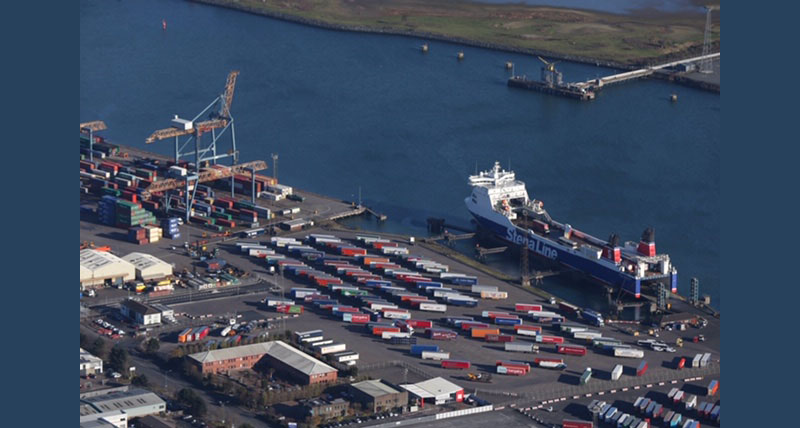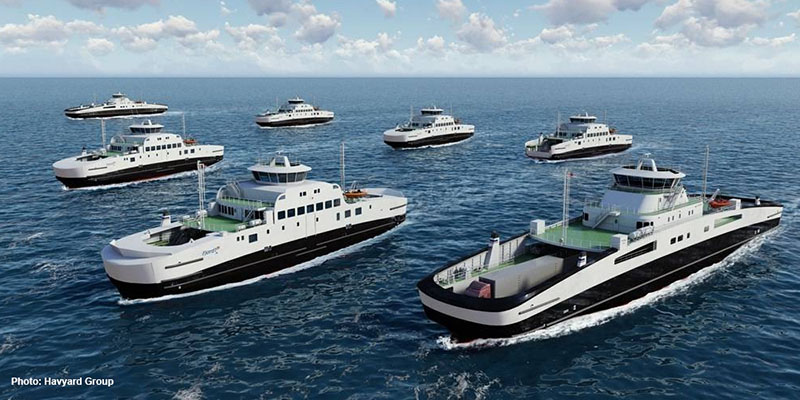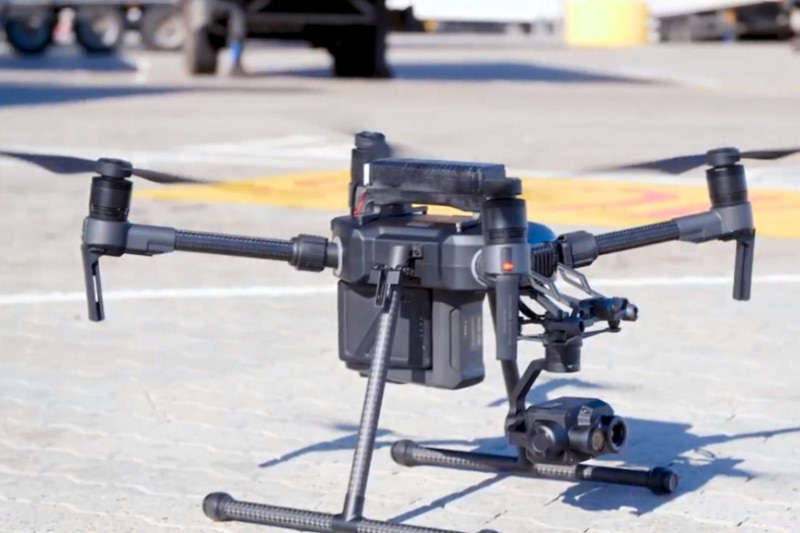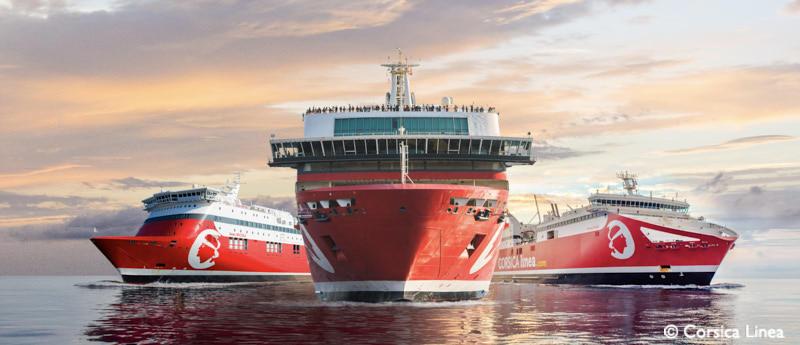Belfast Harbour has committed to investing GBP 15 million to re-develop Victoria Terminal 2 which services the Belfast-Liverpool route. The project will enable the terminal to handle the next generation of Stena Line’s new ferries.
2019 To Be A Transition Year for Fjord1
Fjord1’s Q1 results have taken a dive. The company says it has to do with the loss of two important routes, and the preparations for the new routes.
“Nothing to worry about,” is what the company says to the Norwegian media. The company has a contract portfolio within the ferry segment of NOK 22 billion. The contracts last for 2033, and during 2019 the company will receive 14 new vessels.
Some highlights of Fjord1’s first quarter:
- Fjord1 started new contracts on 1 January 2019, for the following routes: Hareid-Sulesund, Brekstad-Valset and Arsvågen-Mortavika, Daløy-Haldorneset.
- The new connections involved start-up costs.
- The company lost the Halhjem-Sandvikvåg and Flakk-Rørvik routes.
- Newbuilds SULØY and GISKØY entered service.
Key figures (in million NOK)
-11% Revenue 640 (218)
-28% EBITDA 158 (218)
-62% EBIT 57 (147)
-86% Result 14 (107)
Hurtigruten has partnered with the Norwegian startup Brim Explorer, introducing battery powered catamarans custom built for Polar water exploration.
Debuting in the spring of 2020, the 24-meter vessel will operate a variety of daily silent and sustainable ocean excursions from her homeport Longyearbyen on the Arctic island of Svalbard – operating under the Hurtigruten Svalbard brand.
By replacing traditional lubrication oil and fuel oil separators with a filter solution from GreenOil Standard ApS, the energy consumption will significantly be reduced. This contributes to the Wasaline ro-pax ferry to be among the world’s most efficient and environmentally sustainable ships by reducing the CO2 emission, with an estimated +16 ton/year when running on LNG, using the filtration systems instead of the separators.
In addition to the environmental aspect Wasaline gets pure cost saving in operational cost and maintenance.
AI assisted vessels to save fuel, Battery power propulsion, huge reduction of single use plastic on board, continued low level of crew and passenger accidents and an increased rate of female leaders. That are some of the highlights in Stena Lines sustainability review for 2018.
Its third review “A Sustainable Journey” describes initiatives, improvements and challenges in the operations from the sustainability perspective as well as results on their ambitious sustainability targets. The review also highlights the main initiatives the company has worked on during the past year.
As the deadline for the 2020 global sulphur cap is getting closer, many uncertainties still remain, making the job of preparing vessels for the fuel switch more challenging. That’s what DNV GL says. It is organising a webinar with the following content:
- The regulatory framework, including an MEPC 74 meeting summary
- The latest update on scrubbers
- A review of the fuel switch options, including their associated risks
- The IMO’s recommended Ship Implementation Plan (SIP)
- An “executive checklist” for 2020 global sulphur cap compliance
DFDS is developing and testing drones that can help us keep track of the trailers in the terminals in cooperation with Lorenz Technology, a Danish company developing drones based on Artificial Intelligence (AI).
The drones can autonomously zip around the terminal locating trailers, scanning and analysing trailer numbers, while integrating a real-time data flow to terminal management systems. This data can help terminal staff with different tasks, including precise location of trailers and improved weight management when loading ferries for increased operating efficiency.
This is a text block. You can use it to add text to your template
MAXLIMER is an autonomous vessel of 12m long. It has crossed the English Channel between West Mersea and Oostende with a box of oysters.
It was remote-controlled from a Shore Control Center in Essex.
It is one of the first experiments for the development of unmanned craft for short sea shipping.
Journalist Nathalie Bureau du Colombier had an interesting article in French newspaper L’Antenne, based on an interview with Corsicea Linea CEO Pierre-Antoine Villanova.
On 26 May, ro-pax PAGLIA ORBA will be connected for the first time by shore power in the port of Marseille.
The ferry will be followed by PASCAL PAOLI and JEAN NICOLI in the coming months.
Corsica Linea has also the intention to order an LNG ferry this year, to be bost uilt by a European shipyard.
Between 2016 and 2018 revenue has gone up from EUR 176 to 220 million.
The shareholders have been asked to renounce dividends the next five years.
A group of banks will finance 80% of the cost of the new ship. The newbuilding will cost EUR 150 million. 20% will be paid by own funds.
- Baleària has scheduled new high-speed services between Barcelona and the ports of Ciutadella (Menorca) and Alcúdia (Mallorca) during the summer months, between 4 July and 11 September.
- Former Irish Ferry vessel OSCAR WILDE is to be renamed GNV ALLEGRA
- The EUROPEAN ENDEAVOUR will be renamed FINBO CARGO and operate Tallinn to Helsinki for Eckerö Line.









